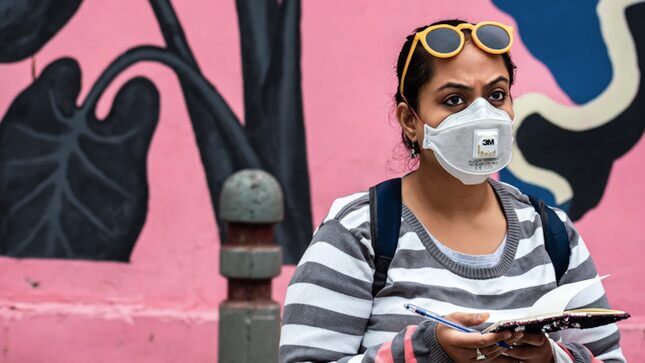STIs Are Poised to Spike As Contact Tracers Focus on Covid-19
Latest

As contact tracers have been increasingly tied up tracking down possible sources of covid-19, health officials are worried that the shift in priorities will result in a spike of STIs.
In previous times, the job of contact tracers was to work with people who have contracted or been exposed to sexually transmitted infections, test them, and connect them with treatment if necessary. But now, such cases are going unmonitored as tracers prioritize coronavirus.
One recent survey found that 83 percent of HIV and STD tracers around the country have abandoned their regular field visits as a result of the pandemic, Business Insider reports. Two-thirds of the country’s clinics have reported decreases in health screenings and testing due to coronavirus.
-

-

-

-

-

-

-

-

-

-

-

-

-

-

-

-

-

-

-

-

-

-

-

-

-

-

-

-

-

-

-

-

-

-

-

-

-

-

-

-








































